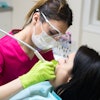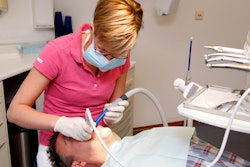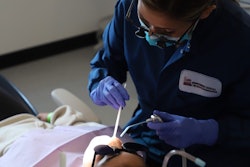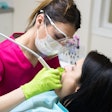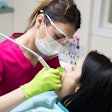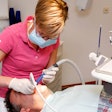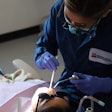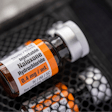
Integrating dental hygienists (DHs) and dental therapists (DTs) into healthcare teams may benefit dental teams, healthcare systems, and patients. This review study was recently published in the International Journal of Dental Hygiene.
Effective teamwork in dental practice is key for optimal patient outcomes, a supportive work environment, and sustainable oral healthcare, especially for underserved populations, the authors wrote.
"DHs and DTs have a clear role to play in achieving sustainable improvements in oral and dental health for patient populations globally," wrote the authors, led by Philip M. Preshaw of the University of Dundee School of Dentistry in the United Kingdom (Int J Dent Hyg, November 4, 2023).
The narrative review examined the importance of teamwork among dentists, DHs, and DTs in relation to access to care. Studies were identified through electronic searches of databases from 2000 onward. The search was supplemented with manual reviews of reference lists, review articles, and relevant policy and government documents.
Studies indicate that DHs help improve access to dental care, especially for underserved groups like pregnant women, older adults, individuals in care homes, people with special needs, schoolchildren, minority communities, and rural populations. DHs have also been integrated into primary care medical teams to enhance access to dental services for underserved patients, they wrote.
DTs are recognized in 54 countries, often completing a three-year training program, though dentists' attitudes toward DTs vary. DTs deliver effective, safe, quality care with public and professional acceptance. In some cases, dentists question the need for DTs, while DHs generally view them positively. DTs, like DHs, improve access to care and oral health outcomes, especially for underserved groups.
A team approach to patient care can vary greatly across clinical settings, but for it to work effectively, all team members must fully understand each other's roles and scopes of practice. This includes recognizing the contributions of DHs and DTs in patient support. Additionally, mutual respect, strong communication, and shared clinical standards are essential for effective teamwork in dental care, they wrote.
However, developing an effective dental team involves additional costs, such as allocating time for clinical case discussions and ensuring the whole team can attend continuing education events, the authors added.
"DHs and DTs have a fundamental role to play in delivery of excellence in periodontal and dental care, and healthcare systems globally can benefit by embracing and developing DHs and DTs as integral members of the dental team, with the overall aim of increasing patient benefit by improving oral and general health," they concluded.

